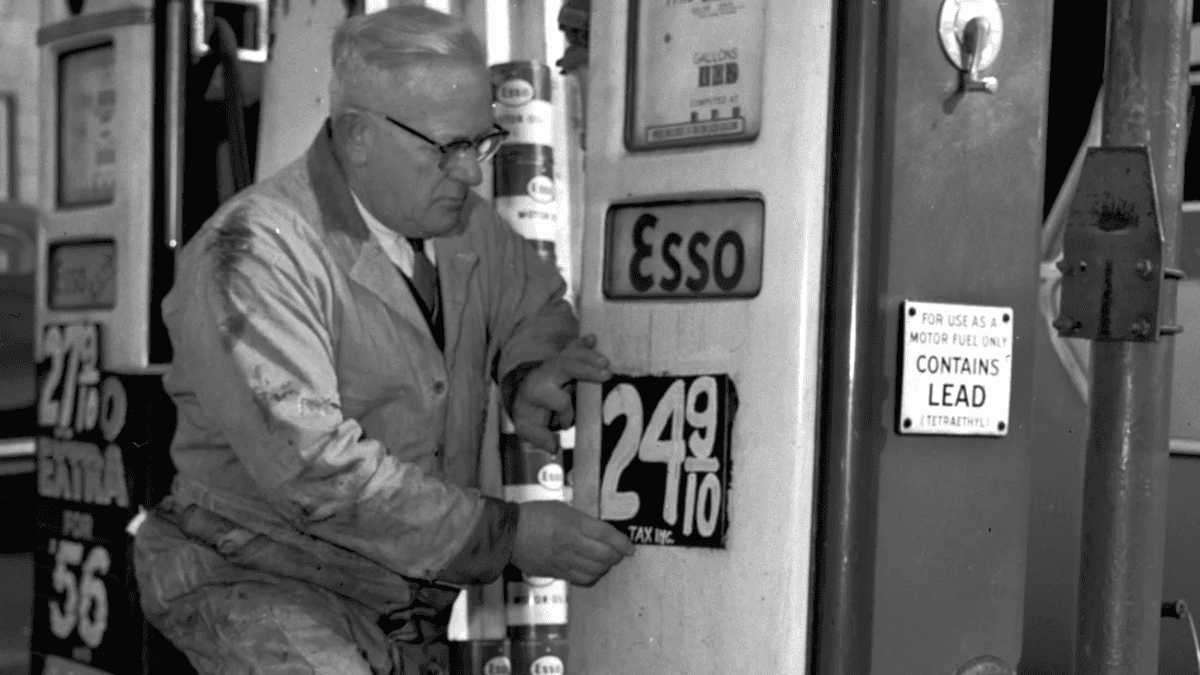The industry body has pointed out that imports should not be liberalised through FTAs by way of duty concessions.
India’s domestic tyre industry, among the largest in the world, has an annual production exceeding 200 million units across various categories including two-wheelers, passenger vehicles, commercial vehicles, and off-road vehicles, it added.
Despite adequate manufacturing capacities, over Rs 2,000 crore worth of tyres were imported in the country in the first three quarters of FY24, an increase of 27 per cent over the same period in the preceding year, ATMA said.
“Over the last few years, the tyre sector has witnessed substantial investments, by leading manufacturers allocating over Rs 35,000 crore towards capacity expansion, technology upgrades, and research and development. As the new capacities go on stream, it is important to meet the demand from domestic manufacturing rather than importing tyres,” ATMA Chairman Arnab Banerjee said. He further said the domestic tyre industry is today geared to meet all the requirements of domestic and international auto OEMs (original equipment makers) by way of design, development and ensuring regular supply of tyres for all categories and types of vehicles manufactured in the country. “The industry is ahead of the demand curve in production of all types of tyres. As soon as a vehicle is conceived, tyre companies are ready with the fitments. As a result, auto OEMs are not importing tyres and the domestic tyre industry is meeting the requirements,” Banerjee added.
ATMA said the domestic tyre industry is a significant employer, providing livelihoods to over 5 lakh people directly and indirectly employed in manufacturing, distribution, and related services.
“Prioritising domestic manufacturing of tyres is also essential as the livelihood of over 10 lakh rubber growers in the country depends upon the tyre industry that consumes over 70 per cent of the domestic natural rubber,” it said.
By fostering domestic production and leveraging technological advancements, India can strengthen its position as a global leader in the tyre industry while generating employment, promoting sustainability, and driving economic growth. ATMA asserted.







